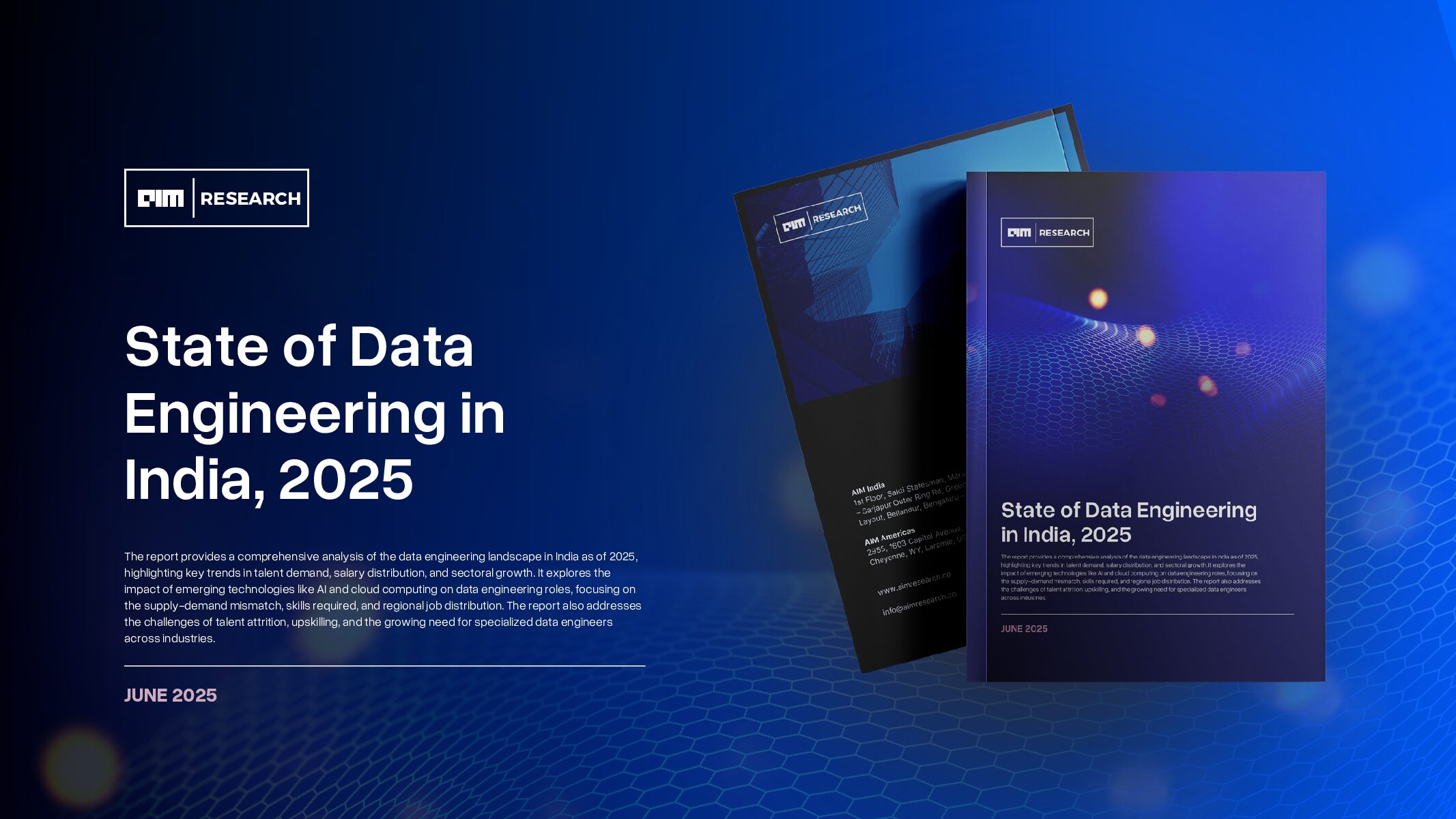Generative AI, epitomized by ChatGPT, has swept through various industries, leaving a trail of both excitement and skepticism. While OpenAI’s ChatGPT initially faced criticism for its coding limitations, it responded with the ChatGPT Code Interpreter, a plug-in aimed at improving code generation. However, it’s important to note that ChatGPT remains a chatbot and cannot fully replace robust development environments like VS Code or Jupyter notebooks, tempering expectations about its utility in technical fields.
Fawad Memon, Director & Head of Digital Analytics and Insights (Marketing Science) at Virtual Gaming World weighed in on the matter, “Since the rise of Generative AI, there has been widespread curiosity about its potential role across various industries and functions. Rather than delving into the contentious debate about AI causing job displacement, here we pivot towards examining an AI tool that can profoundly enhance operational efficiencies.”
The potential impact of generative AI in data science is a matter of ongoing debate. Can it truly enhance the efficiency of data teams or is it just a fleeting trend? Einblick, a novel AI-native data notebook born from research at MIT and Brown University, offers an intriguing perspective on this question.
Einblick integrates generative AI directly into data professionals’ daily workflows. It introduces an AI agent called Prompt, which allows users to create entire data workflows using natural language. From data preprocessing to exploratory data analysis and model building, Prompt streamlines the data science process. It combines the power of a Jupyter notebook with the simplicity of ChatGPT.
What sets Prompt apart is its context-awareness. It leverages metadata like column formatting, dataset names, and data types, reducing the need for verbose input to generate well-commented, tailored code. It automates data processes such as data cleaning, handling missing values, and splitting data into training and testing sets. Moreover, Prompt produces editable code that users can fine-tune manually, enhancing flexibility. Fawad further states, “One compelling illustration is the introduction of Einblick’s Prompt—a tool that, at the click of a button, streamlines data formatting, checks for missing values, generates editable code, and even aids in debugging. As a former data analyst, the seamless transformation of findings into visualizations using natural language commands particularly caught my interest. These streamlined processes markedly accelerate the time it takes for impactful outputs to be delivered.”
Another advantage of Prompt is its one-click bug-fixing feature. If an error arises, users can simply click “Fix with Prompt,” and the tool will debug the error, highlight code modifications, and explain the changes made. Additionally, Einblick manages access to large language models without requiring users to provide their own API keys.
To put it succinctly, Einblick’s Prompt seamlessly integrates with its core features, offering multimodal workflows that combine Python, SQL, and interactive components. Its 2-D canvas layout facilitates efficient prototyping of visualizations and models, while the fully managed web-based platform eliminates the need for time-consuming environment configuration.
The question of generative AI’s relevance in data science is substantial, and Einblick’s approach appears to address this issue meaningfully. As a platform designed by a data team for data teams, it extends its focus on streamlining data workflows by embedding generative AI directly into the platform. However, it’s worth noting that some tech giants like Google, GitHub, and Jupyter are also venturing into generative AI. Google Colab introduced AI coding functionality, GitHub’s Copilot aids software engineers, and Jupyter’s Jupyter AI offers code generation within Python notebooks. These tools, while promising, may lack the context awareness and tailored features that data professionals require.
Fawad questions that, “when seeking AI technologies that best suit our professional needs, should we habitually gravitate towards established tech giants, or should we dare to step out of our comfort zones and seek out expertise, regardless of a company’s size? It is stated that Prompt, being a ‘platform crafted by a data team for data teams’, may possess a level of intuitiveness and relevance that surpasses offerings from companies merely participating in the AI race.”
In conclusion, generative AI is poised to transform the data science landscape, but the choice of tools should align with the specific needs of data teams. Einblick’s Prompt offers a compelling solution by seamlessly integrating generative AI into data workflows, simplifying tasks, and enhancing efficiency.
























